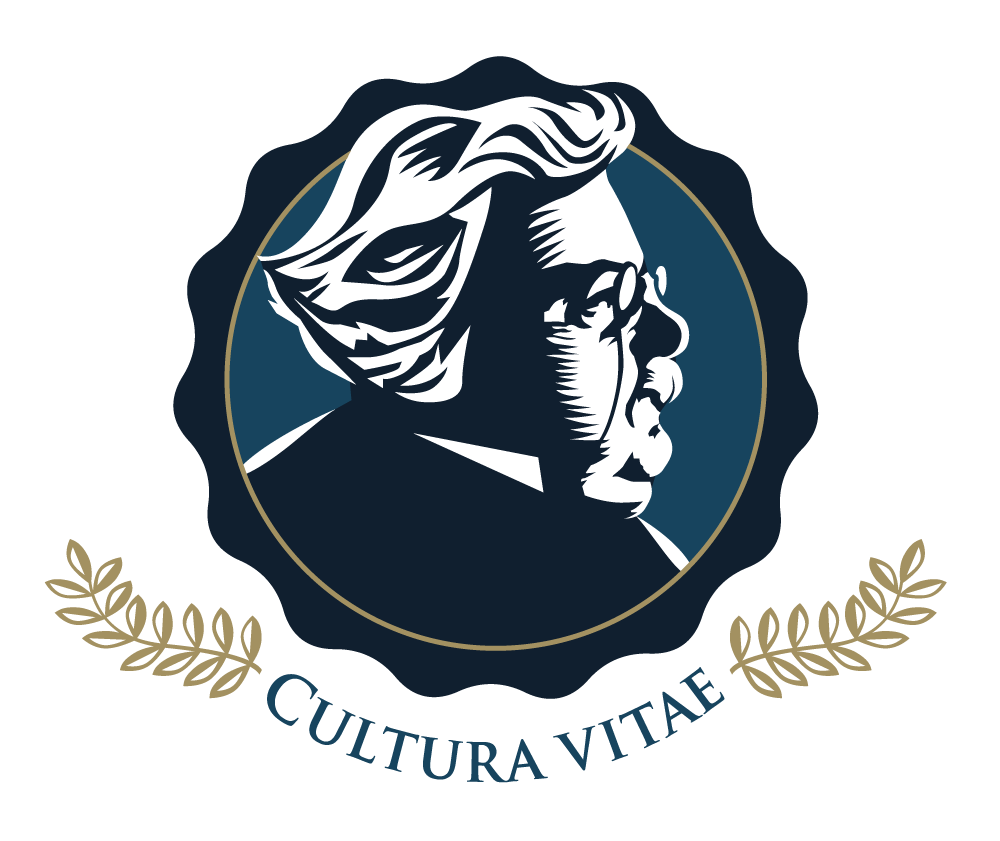St. Thomas Aquinas, The ‘Dumb Ox’
St. Thomas Aquinas, The ‘Dumb Ox’
Ironically, St. Thomas was nicknamed the "Dumb Ox" by fellow students because of his large physical stature, his shyness, and his silence. His quietness even caused many students to think that he was not very smart at all. Students would try to help him, as they thought he was a simpleton. His silence was in large part caused by his humility. His love for truth overcame his humility. His teacher, St. Albert, perceived the brilliance of St. Thomas and gave him various tasks. St. Thomas blossomed under the caring guidance of St. Albert, who saw and fostered the extraordinary talent in St. Thomas.
Aquinas went on to compose several studies on the Eucharist, among which the most essential fall into three genres:
· The Scholastic treatise or Summa (especially the famous Summa Theologiae),
· Biblical commentary
· liturgical texts (the hymns, prayers and antiphons for the Solemnity of Corpus Christi).[1]
St. Thomas Aquinas is well known for his writing on the Eucharist. He wrote several Eucharistic hymns we use almost exclusively for Eucharistic adoration: “Panis Angelicus,” “Pange Lingua[2],” (Students have memorized Pange Lingua as part of their poetry recital requirements), “O Salutaris Hostia,” and “Tantum Ergo.”
Aquinas' studies and reflections on the Eucharist are particularly dear to me. This topic was at the heart of my studies during a Master's in Marriage and Family, followed by Bioethics and Formation at the John Paul II Pontifical University in Rome, along with the extraordinary insights of St. John Paul II.
Aquinas’ Eucharistic Theology is deeply Biblical and is drawn from Jesus’ bread of life discourse (John 6). Toward the end of this teaching, Christ provides perplexing instructions to eat his flesh and drink his blood. In John 6:54, Jesus says, “He who eats my flesh and drinks my blood has eternal life.”
This beautiful passage offers many theological insights. Those who partake of the Eucharist in faith and charity eat sacramentally and spiritually, for this is the sacrament of Charity and friendship, a sacred banquet shared by the friends of Christ. [3]
What is the difference between spiritual food and ordinary food? Material food restores the strength and vitality of the body by changing into the one who eats it, whereas spiritual food nourishes by changing the person who eats it into Christ himself.[4] They also receive the spiritual power flowing through his sacred body which grants a share in God’s life. That is, the hearts of Christ’s friends are transformed even more into a likeness of his heart, a heart burning with charity. [5]
Charity wills the good of the other; it is the virtue “by which we love God above all things for his own sake, and our neighbor [and our enemies] as ourselves for the love of God” (CCC, §1822). Though difficult, this is the love we are called to: “As the Father loves me, so I also love you. Remain in my love” (John 15:9). To love as the Father loves perhaps seems impossible, and indeed it would be if not for the sacraments which infuse us with grace and enable us to orient our hearts to the greatest good. The sacrament which binds us most perfectly to the virtue of charity is the Eucharist.[6]
Ubi Caritas et amor, Deus ibi est. Where charity and love are, God is there. This ancient chant is traditionally sung on Holy Thursday, the day the Church celebrates our Lord’s Last Supper, in which he instituted the Eucharistic sacrifice of his Body and Blood. In this sacrament, God is there, and because God’s very nature is love, charity and love abound. When we receive the Eucharist, we are transformed further into the image of God, in whose image we were created. Strengthened and nourished by the Bread of Life, glorifying and praising God by lives poured out in charity.[7]
We are so blessed to be able to ponder on the life and works of St. Thomas Aquinas at the Chesterton Academy.
St. Thomas Aquinas, pray for us.
Mrs. Quadrelli
[1] St. Thomas Aquinas on the Eucharist, (eucharisticrevival.org), Fr. Bernard Blanenhorn, O.P. January 2023.
[2] St. Thomans Aquinas, Pange Lingua Pange, Lingua Gloriosi | Hymnary.org
[3] Thomas Aquinas, Commentary on the Gospel of John, transl. James Weisheipl and Fabian A. Larcher, Magi Press, 1980, ch. 6, paragraph 972.
[4] Dr. John J. Goyette St. Thomas Aquinas on the Eucharist as Spiritual Food | May 12, 2017.
[5] Thomas Aquinas, Commentary on the Gospel of John, transl. James Weisheipl and Fabian A. Larcher, Magi Press, 1980, ch. 6, paragraph 972.
[6] Caitlin Sica, Eucharist and the Virtue of Charity, January 27, 2021.
[7] Ibidem
